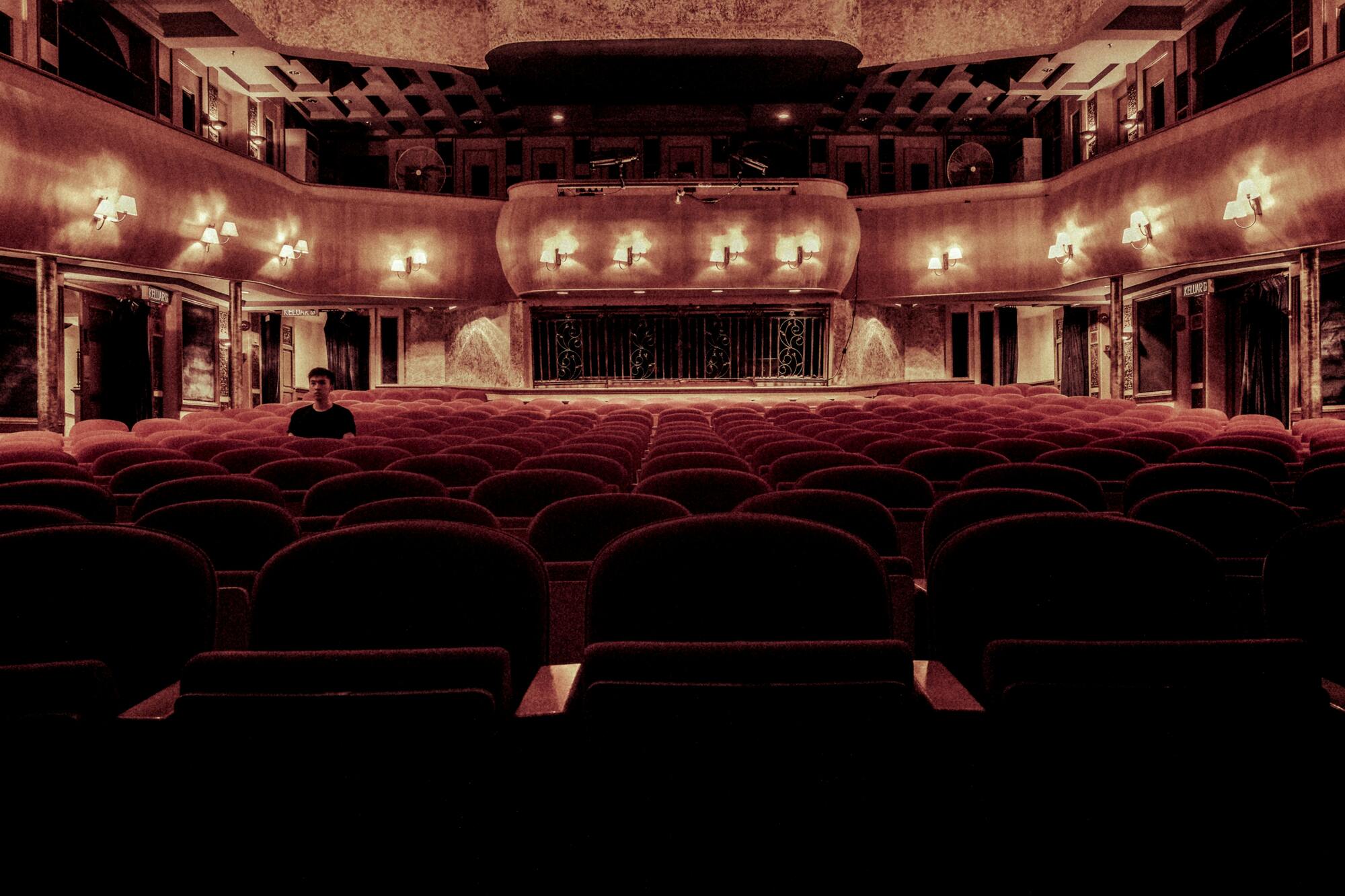
Kus vaadata Woman and the Glacier Eestis
The Lithuanian scientist Ausra Revutaite has spent 30 years in the Tian Shan mountain range in Central Asia, straddling the borders between Kazakhstan, Kyrgyzstan and the autonomous Chinese region of Xinjiang. Some 3,500 meters above sea level with only her faithful dog and gray cat for company, she studies climate change on the Tuyuksu Glacier at an old Soviet-era research station. She loves the solitude and silence that her painstaking work brings her. Magnificent shots of her surroundings and everyday work are interspersed with archive footage of the people who preceded her by a century. Not much seems to have changed.
Vaata "Woman and the Glacier" kohe DocAlliance Films ja avasta veelgi rohkem viise, kuidas Popcorn Time'i ülimat voogedastusjuhendit kasutades oma lemmik film sukelduda.
Avasta veel rohkem voogesitusvõimalusi Woman and the Glacier jaoks!
Avasta, kuidas vaadata Woman and the Glacier mitmel platvormil ja erinevates riikides! Olgu sa kodus või välismaal, legaalsete voogedastusvõimaluste leidmine pole kunagi olnud lihtsam. Alates , on Woman and the Glacier kättesaadav juhtivatel teenustel nagu . Ligipääsetav 7 teises riigis, saad uurida kohandatud voogedastusvõimalusi, mis vastavad kohalikele litsentsinõuetele, tagades muretult ja legaalselt vaatamiskogemuse.
Rohkem infot
- Kestus
- 56 minutit
- Välja antud
- Päritoluriik
- Leedu
- Keeled
- en
Sarnased filmile Woman and the Glacier

Film
Audrius Mickevičius puts the horribly disfigured face of his murdered brother at the start of his film. It is almost a meditation about the question whether a final act like murder can be atoned for in a temporal order – and whether the passing of time allows the victim’s family to forgive. Mickevičius uses the example of two lifers (one of them gets married and wants to have children, the other pours his whole passion into an idea of craftsmanship) and a philosopher with prison experience to make that strange state of suspended life comprehensible.
Exemplary Behaviour (2019 )

Film
At the beginning of the 1960s, when the French pioneers of cinéma vérité set out to achieve a new realism, and when direct cinema in Québec began to vie for notice, the Baltics wit-nessed the birth of a generation of documentarists who favored a more romantic view of the world around them. This meditative documentary essay – from a Latvian writer and Lithuanian director whose composed touch has long dovetailed with the stylistically diverse works of the Baltic New Wave – pushes adroitly past the limits of the common his-toriographic investigation to create a portrait of less-clearly remembered filmmakers. The result is a consummate poetic treatment of the ontology of documentary creation. Also a cinematic poem about cinema poets.
Bridges of Time (2018 )

Film
Human beings are the kings of all animals, at least if you ask us humans. Our vanity is given something to mirror itself in, but does not escape without a scratch or two in this documentary, which observes a taxidermist, a deer farmer and a museum curator at work. Three jobs that have one thing in common: turning animals into aesthetic objects, alive as well as dead. When the work is done properly, it is impossible to tell the difference. Dead pets are mummified. At the zoological museum, the animals' glassy eyes stare back at us from the showcases. Even a plastic alligator has its natural place in the human master plan.
Animus Animalis (A Story about People, Animals and Things) (2018 )

Film
Lithuanian photographer, the legend of Soviet Sixties' generation Vitas Luckus tragically passed away in 1987. Yet the life and times of the talented rebel still impassion and lead us to a journey questioning why, at all times, we are wary of those who are really free.
Master and Tatyana (2015 )

Film
To say life in Vilnius, Lithuania, during Soviet occupation was tense would be an understatement. People were followed and photographed; restaurant dinner plates were bugged to catch potentially illicit conversations; car accidents were staged to waylay people while surveillance equipment was installed in their apartments; and many were detained, interrogated, imprisoned, or worse. Through expertly assembled KGB archival footage, earnest present-day interviews, and cleverly crafted returns-to-the-scene-of-the-crime, directors Maxì Dejoie and Virginija Vareikyté present an acutely compelling contemplation of a “non war” from both sides.
When We Talk About KGB (2015 )

Film
It was the year 1984 when a group of architects decided to organize a one night music band as a New Year's party joke in Kaunas, Lithuania. The joke proved to be so good that rumors about the new exciting rock band spread from lips to lips and soon their intellectual circus grew into the Rock Marches - massive events involving thousands of people - that transformed into the big meetings for Lithuanian Independence later named the Singing Revolution. This is the story about the people who raised their independence with the smiles and songs regardless of the danger of the situation.
How We Played the Revolution (2012 )